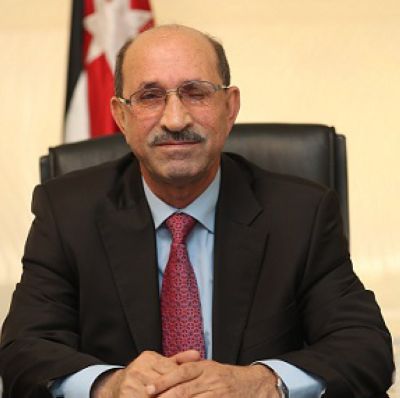The ongoing military escalation between Iran and Israel reflects a deeper structural crisis in the Middle East. While the confrontation may appear bilateral, it reveals the fragility of the regional system and the lack of effective crisis management mechanisms—factors that increase the risk of wider conflict and sustained instability.
The region holds immense natural resources—oil, gas, solar, and wind energy—and occupies a strategic geographic location linking three continents. Yet economic and social indicators remain concerning. Unemployment and poverty levels are high, education and healthcare systems are deteriorating, and each wave of violence further erodes investor confidence, raises shipping and insurance costs, and slows development.
Specialised estimates indicate that some regional countries spend more than twice as much on arms as they do on education or healthcare. This imbalance in priorities delays vital long-term investment and hampers growth.
Addressing these challenges is increasingly difficult in the absence of strong regional institutions capable of coordination and crisis response. Decisions are often made unilaterally, escalating tensions. This is further compounded by the lack of a just and comprehensive resolution to the Palestinian issue, which continues to hinder trust-building among the region’s populations.
Weak economic integration also reflects the absence of a shared development vision. Intra-regional trade remains low, and collaboration in innovation, education, and energy is limited, despite the region’s large youth population, which could lead a transformation if equipped with the right tools and opportunities.
On the international level, major powers continue to shape regional dynamics based on short-term interests, often ignoring long-term stability and development. A more balanced international approach is needed—one that prioritizes sustainable security and economic cooperation.
Among the key internal factors fueling instability is the ongoing Israeli occupation of Palestinian territories and the retreat from a fair peace process. This deepens the sense of frustration among the region’s people and obstructs efforts toward building a serious and inclusive regional peace framework.
If the Iran–Israel conflict continues, the region will likely face long-term economic repercussions. Trade routes may become insecure. Investments may shrink. Government budgets may shift further toward military spending at the expense of education and health. Tourism will suffer, and major energy projects may stall. This will widen the development gap between the Middle East and other emerging regions.
Beyond the direct costs of conflict, the region also suffers from a growing technological and digital divide. While other regions advance rapidly in artificial intelligence and the knowledge economy, the Middle East lags in investment and coordination. Real development cannot happen without a stable environment that fosters innovation and digital progress.
Continued conflicts also undermine the region’s ability to address escalating environmental challenges. Food and water security are increasingly at risk as temperatures and resource pressures reach unprecedented levels.
The experience of Southeast Asian countries demonstrates how historic tensions can be turned into economic integration and cooperation. This model offers valuable lessons for building a stable and effective regional framework in the Middle East.
The Middle East stands at a critical juncture: continue along a path of conflict or pivot toward regional partnerships rooted in development and human dignity. History does not reward stagnation. Without deep reform, the region risks falling further behind.
Ending the Iran–Israel conflict is no longer a diplomatic luxury—it is an urgent regional necessity. Prolonging the confrontation will not bring security to any party; it will endanger the future of all. The peoples of this region, like others around the world, deserve to live in peace and prosperity. True stability requires not only political agreements but also the will of societies determined to turn crisis into opportunity.
